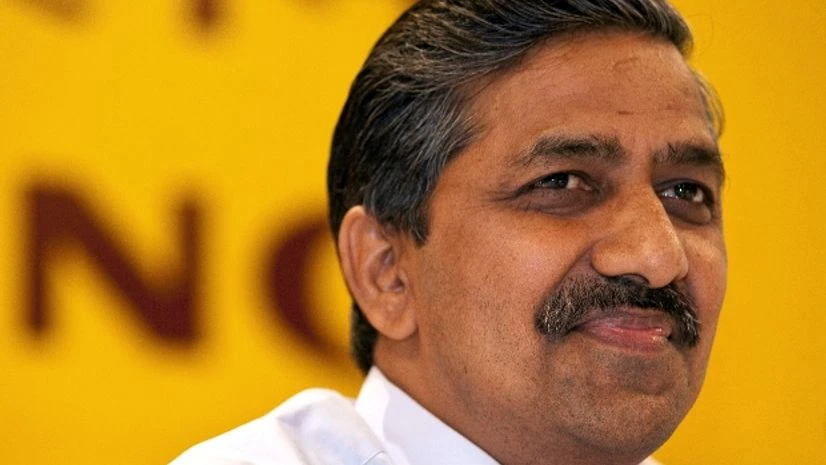State-owned gas utility Gas Authority India Limited (GAIL) said it has signed a first-ever time-swap deal to sell some of its US liquefied natural gas (LNG) as it rejigs the supply portfolio in line with domestic demand on Monday.
GAIL Chairman and Manging Director B C Tripathi said the company is yet to receive LNG from its shale gas project in US from March next year. It has however time swapped some of the supplies.
Under the agreement, it will get 15 cargoes or about 0.8 million tonnes of LNG from an unnamed trader this year. In return, GAIL will sell 10 cargoes or about 0.6 million tonnes next year from Sabine Pass on the US Gulf coast.
"We imported 55 cargoes of LNG on short or medium term contracts in 2016-17. This equals to under 4 million tonnes of LNG in a year. This volume we expect to replace from our US portfolio," he said.
Against a supply of 5.8 million tonnes of LNG from US, GAIL has been able to create a market for just under 4 million tonnes in India.
Tripati said GAIL had separately signed a deal with Royal Dutch Shell to sell about 0.5 million tonnes of its US LNG.
More From This Section
So from a potential supply of 5.3 million tonnes (after the Shell deal), GAIL feels Indian market can absorb only 4 million tonnes or so.
"We hope to replace the short and medium term contracted volumes with US LNG," Tripathi said, adding that the company has floated a tender to time-charter four LNG ships to ferry the gas in its liquid form (LNG) from US coast to Dahej in Gujarat.
The LNG that GAIL will receive this year between April and December under the time-swap deal will be at oil-linked prices. The sale of US gas next year will be at a premium to its pricing formula on a free-on-board (FOB) basis.
Tripathi said there are not many new takers for imported LNG particularly in the power sector which is price sensitive, thereby forcing the rejig of supply portfolio.
The company is also renegotiating price and time of supply of 2.5 million tons per annum of LNG by Gazprom of Russia.
GAIL is saddled with long-term deals for US and Russian gas after it went on a contracting spree between 2011 and 2013 when when the fuel was scarce and prices kept rising.

)
